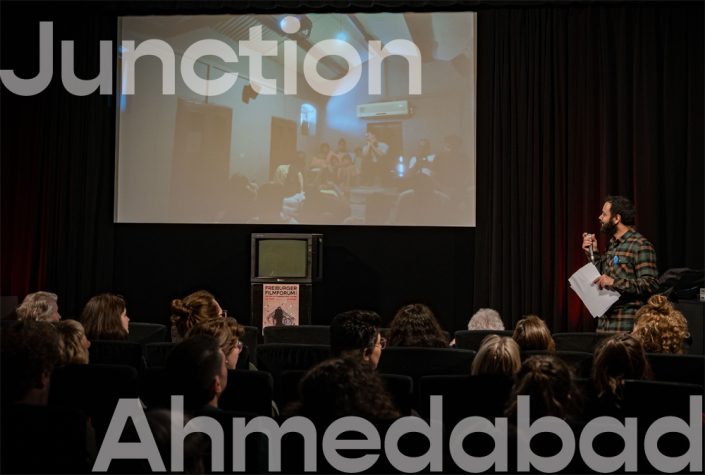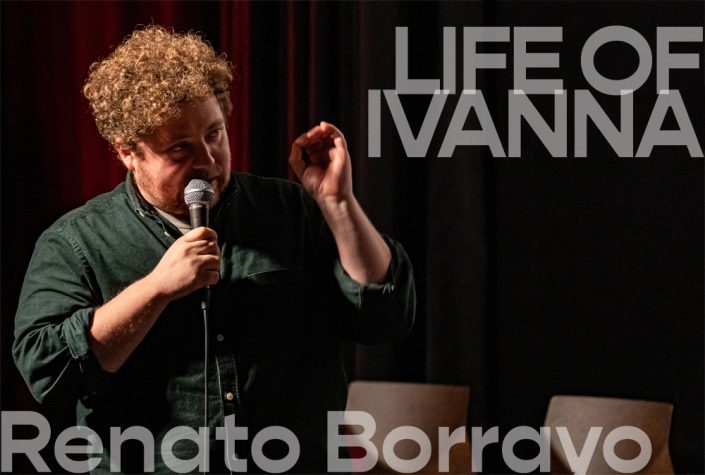Creative Ethnography of Beings and Things
The films by Judith and David MacDougall have had a decisive impact on the work of the Sensory Ethnography Lab. Lucien Castaing-Taylor, the founder and director of the SEL, is the editor of MacDougall’s Transcultural Cinema (1998) and wrote an introduction which provides a kind of survey of the state of audiovisual anthropology at the turn of the millennium. With J.P. Sniadecki, one of the most productive filmmakers to graduate from the lab, and David MacDougall as our special guest at the freiburg film forum, we are excited to have them together in a panel that will discuss the similarities and differences between their respective positions.
The panel will be chaired by Henning Engelke, the author of a recent comprehensive work on ethnographic film called Dokumentarfilm und Fotografie. Bildstrategien in der englischsprachigen Ethnologie (2007).
Henning Engelke is a member of the Institute of Art History of the University of Frankfurt. Publications: The Art That Never Was. US-amerikanischer Experimentalfilm 1940 – 1960 (pending); Film als Raumkunst. Aktuelle Methoden und historische Perspektiven (co-editor, 2012).









